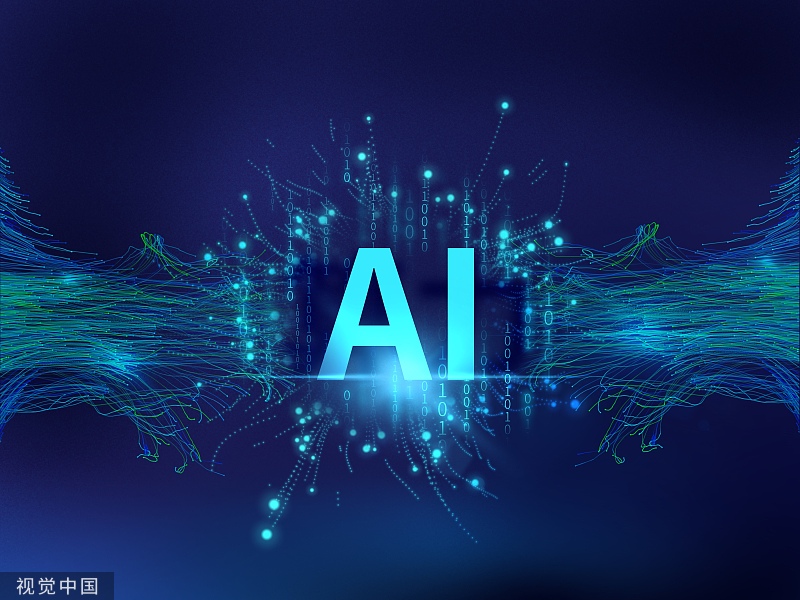AI key to tackling ecological challenges


Officials and experts have called for embracing artificial intelligence, saying it offers major opportunities in addressing environmental challenges and promoting conservation efforts.
This comes amid varying levels of AI appreciation in different countries. These include problems in accessing quality and trustworthy data, governance and ethical issues, trust issues, and fear that AI may lead to a loss of jobs.
Despite the apprehensions, experts at the sixth session of the United Nations Environment Assembly, which concluded in Nairobi on Friday, unanimously agreed that AI is here for good, terming it a powerful tool because of its capacity to gather, complete and interpret large and complex database.
Ossian Smyth, minister of state at the Department of the Environment, Climate and Communications in Ireland, said AI is a big change just like the development of the web in 1993.
"I remember how the public, government and industry received the web. They were very slow to adopt, very nervous, and there was a lot of moral panic. We should learn from this," Smyth said.
"Our approach to AI should be practical. We should think of how to use it as fast as possible, and at the same time with some guidelines on its use and how to stay safe and also get benefits."
Samuel Kimani, the eastern Africa CEO of Esri, a US technology company that creates geographic information systems software, said AI can help in addressing the triple planetary crisis of climate change, biodiversity loss and pollution.
Adaptive measures
AI can be used to identify the past patterns and come up with cautionary or adaptive measures, which can help governments to mitigate against advance effects of the crisis, Kimani said.
Through geospatial AI, Esri tracks wild animals within a given national park, their movements, and does predictive intelligence on their trends and patterns, he said.
"We are looking at having all these big data, bringing them together and creating some models for the future," Kimani said. "Having a system that can be able to generate what's in the future, governments are able to align their policies and programs which will be used for critical decision-making and investment."
Anuja Prashar, CEO of APP Consulting in London, said AI can help impart environmental education across Africa to reduce skills gap, including improving education quality, effective project management and efficient financial management.

































